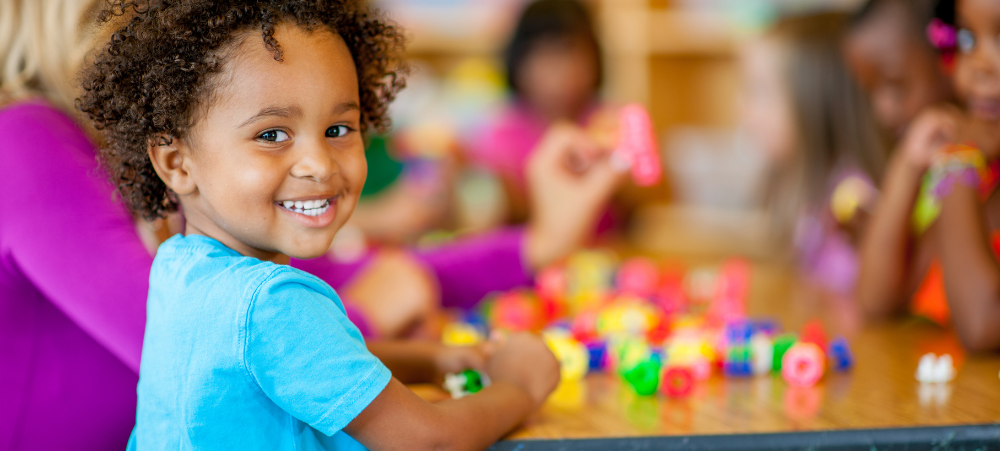Forgiveness is an important value that helps our children grow into kind and understanding individuals. In South Africa, where we have a beautiful mix of cultures and traditions, teaching forgiveness from a young age can help create a community where everyone feels loved and accepted.
What is Forgiveness?
Forgiveness means letting go of hurt feelings when someone does something that makes us sad or upset. It’s like saying, “It’s okay, I won’t stay mad at you.” Forgiveness doesn’t mean we forget what happened or that it didn’t matter; it means we choose to move forward with a happy heart.
Why is Forgiveness Important?
For young children, forgiveness helps build strong friendships and maintain a positive outlook on life. It teaches them to be empathetic and to understand that everyone makes mistakes. Practising forgiveness in our diverse South African communities can foster unity and harmony.
Teaching Forgiveness
You can show your children how to forgive by practising it yourself. If you make a mistake, apologise and explain that everyone can be forgiven. Reading stories that highlight forgiveness can also be very impactful. Tales from our rich South African heritage, like those of Nelson Mandela’s forgiveness, can help children understand the power of forgiving.
During playtime, encourage your child to share and resolve conflicts amicably. If a disagreement happens, guide them through the process of forgiving. Praise them when they forgive someone, saying things like, “I’m so proud of you for forgiving your friend. That was very kind.”
Encouraging Forgiveness
A simple activity to encourage forgiveness is creating a Forgiveness Jar. Have a special jar where your child can place a note whenever they forgive someone. At the end of the week, read the notes together and celebrate their kind heart.
Role-playing can also be very effective. Use dolls or stuffed animals to act out situations where forgiveness is needed. This makes the concept more relatable and understandable for young minds.
Art and crafts can be another way to help your child express their feelings. Encourage them to draw or paint their emotions. Discuss their artwork and gently guide them towards understanding and expressing forgiveness.
Cultural Connections
In South Africa, we have a concept called ‘Ubuntu’, which means “I am because we are.” This philosophy emphasises our interconnectedness and the importance of community. Teaching forgiveness aligns perfectly with Ubuntu, helping children understand that forgiving others strengthens our bonds and builds a better society.
Teaching forgiveness to our little ones is like planting a seed that will grow into a strong, compassionate tree. As parents, we have the wonderful opportunity to nurture this value in our children, helping them to become loving and understanding individuals. Let’s embrace the spirit of Ubuntu and make forgiveness a fundamental part of our children’s lives.
By nurturing forgiveness in our children, we are creating a child with a heart for the world. Thank you for being such wonderful guides for your young ones. Together, we can create a world full of kindness and understanding, one small heart at a time.
Article by: Kelly Grace Eyre
- What Parents Should Look for in a Preschool: The Power of Play-Based Learning - December 23, 2025
- Are We Over-Scheduling Our Children? - December 16, 2025
- Five Ways to Encourage Independence and Confidence in Children with Special Needs - December 9, 2025





